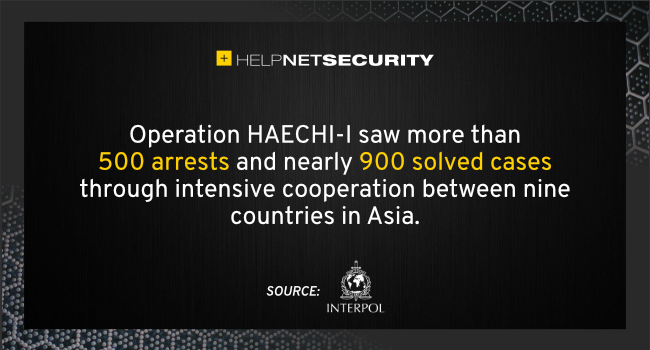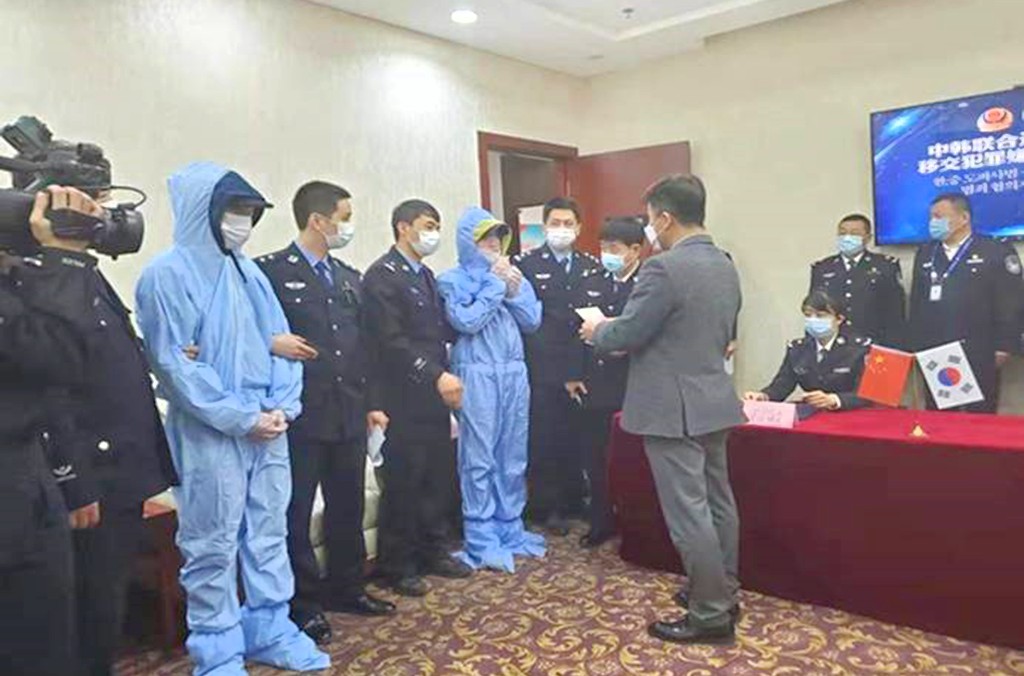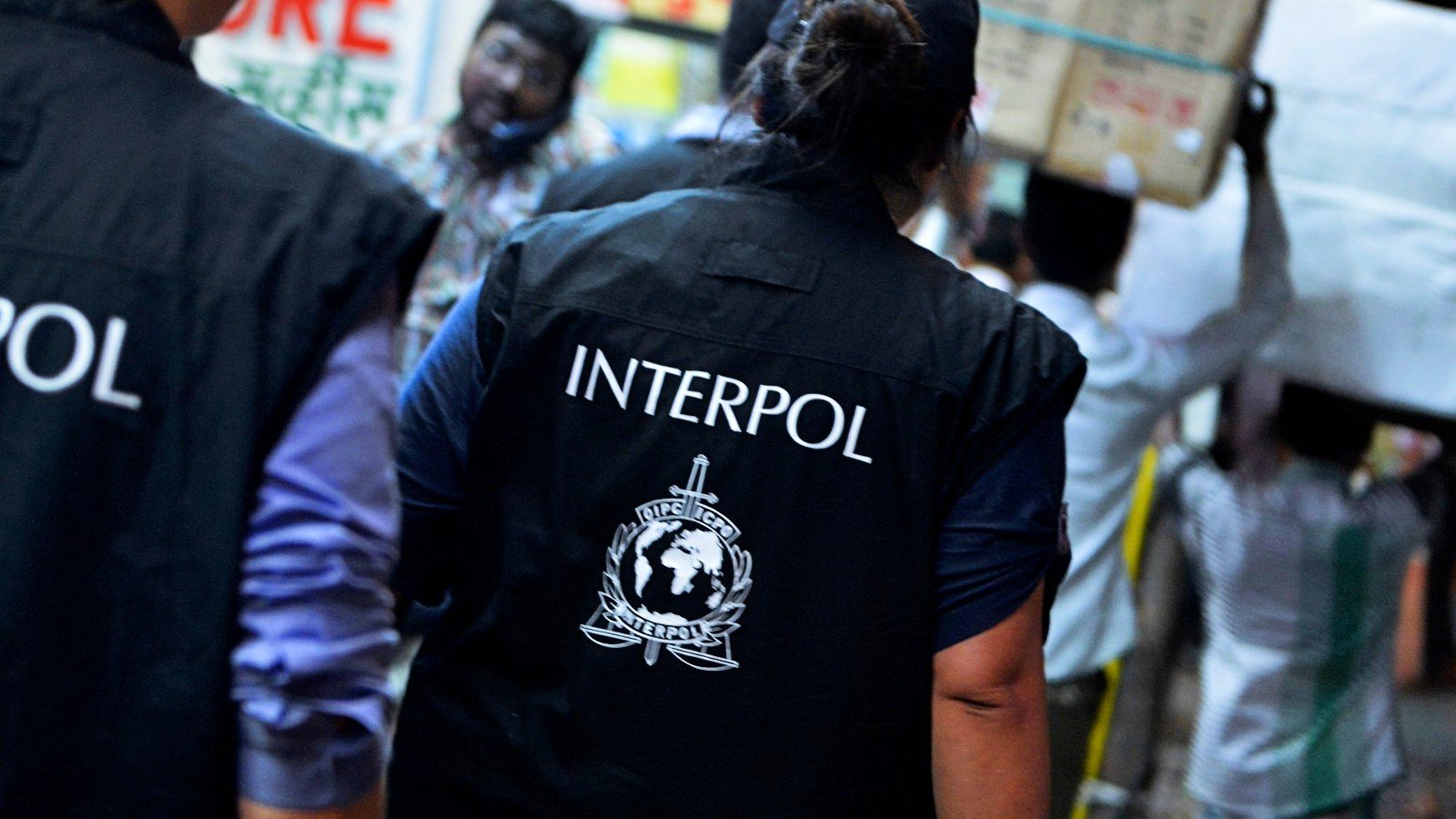Wikileaks, 02 Aug 2021
 On Monday February 27th, 2012, WikiLeaks began publishing The Global Intelligence Files, over five million e-mails from the Texas headquartered “global intelligence” company Stratfor. The e-mails date between July 2004 and late December 2011. They reveal the inner workings of a company that fronts as an intelligence publisher, but provides confidential intelligence services to large corporations, such as Bhopal’s Dow Chemical Co., Lockheed Martin, Northrop Grumman, Raytheon and government agencies, including the US Department of Homeland Security, the US Marines and the US Defence Intelligence Agency. The emails show Stratfor’s web of informers, pay-off structure, payment laundering techniques and psychological methods.
On Monday February 27th, 2012, WikiLeaks began publishing The Global Intelligence Files, over five million e-mails from the Texas headquartered “global intelligence” company Stratfor. The e-mails date between July 2004 and late December 2011. They reveal the inner workings of a company that fronts as an intelligence publisher, but provides confidential intelligence services to large corporations, such as Bhopal’s Dow Chemical Co., Lockheed Martin, Northrop Grumman, Raytheon and government agencies, including the US Department of Homeland Security, the US Marines and the US Defence Intelligence Agency. The emails show Stratfor’s web of informers, pay-off structure, payment laundering techniques and psychological methods.

 Amid an exponential increase in online fraud, an INTERPOL-coordinated operation codenamed HAECHI-I mobilized more than 40 specialized law enforcement officers across the Asia Pacific region. Over six months of coordinated intelligence collection and joint operations, police were able to intercept a total of $83 million in illicit funds transferred from victims to the perpetrators of cyber-enabled financial crime.
Amid an exponential increase in online fraud, an INTERPOL-coordinated operation codenamed HAECHI-I mobilized more than 40 specialized law enforcement officers across the Asia Pacific region. Over six months of coordinated intelligence collection and joint operations, police were able to intercept a total of $83 million in illicit funds transferred from victims to the perpetrators of cyber-enabled financial crime. Focusing on romance scams, online sextortion, investment fraud, voice phishing and money laundering associated with illegal online gambling, police in nine Asian countries arrested more than 500 suspects and seized US$83 million, Interpol said on Thursday.
Focusing on romance scams, online sextortion, investment fraud, voice phishing and money laundering associated with illegal online gambling, police in nine Asian countries arrested more than 500 suspects and seized US$83 million, Interpol said on Thursday. The Interpol (short for International Criminal Police Organisation) has intercepted $83 million belonging to victims of online financial crime from being transferred to the accounts of their attackers.
The Interpol (short for International Criminal Police Organisation) has intercepted $83 million belonging to victims of online financial crime from being transferred to the accounts of their attackers. MANILA, Philippines – The Pasig Regional Trial Court has convicted a local stock broker of illegal stock trading in relation to the BW Resources stock price manipulation scandal 22 years ago.
MANILA, Philippines – The Pasig Regional Trial Court has convicted a local stock broker of illegal stock trading in relation to the BW Resources stock price manipulation scandal 22 years ago.